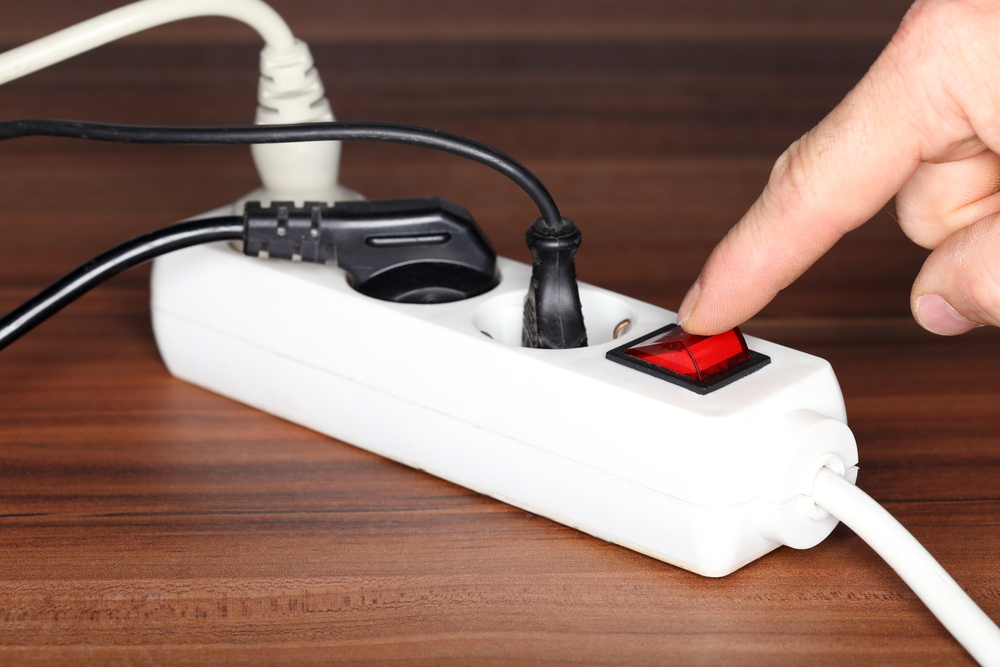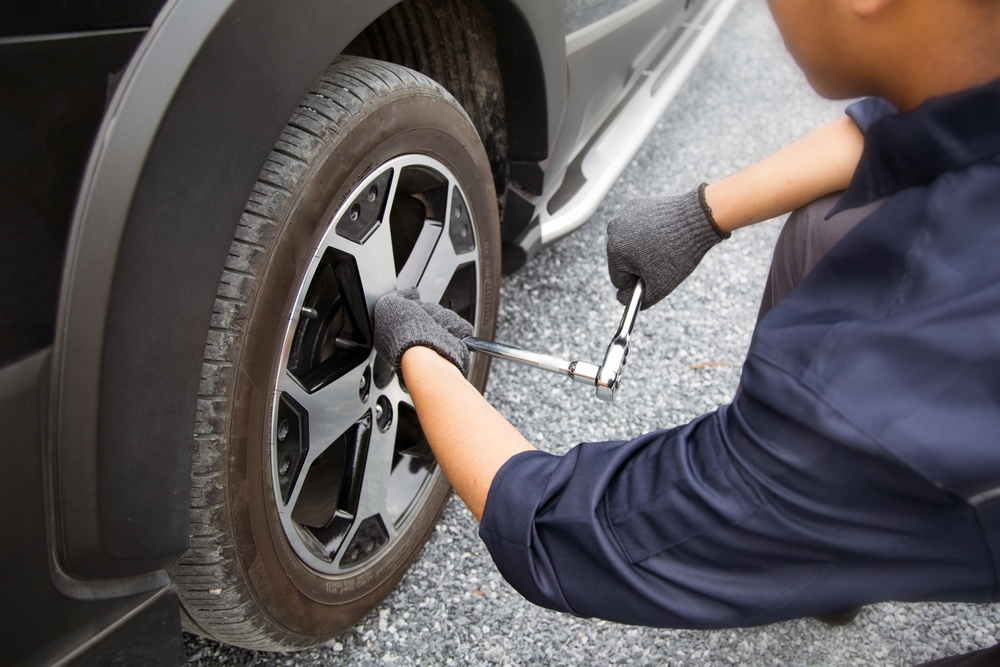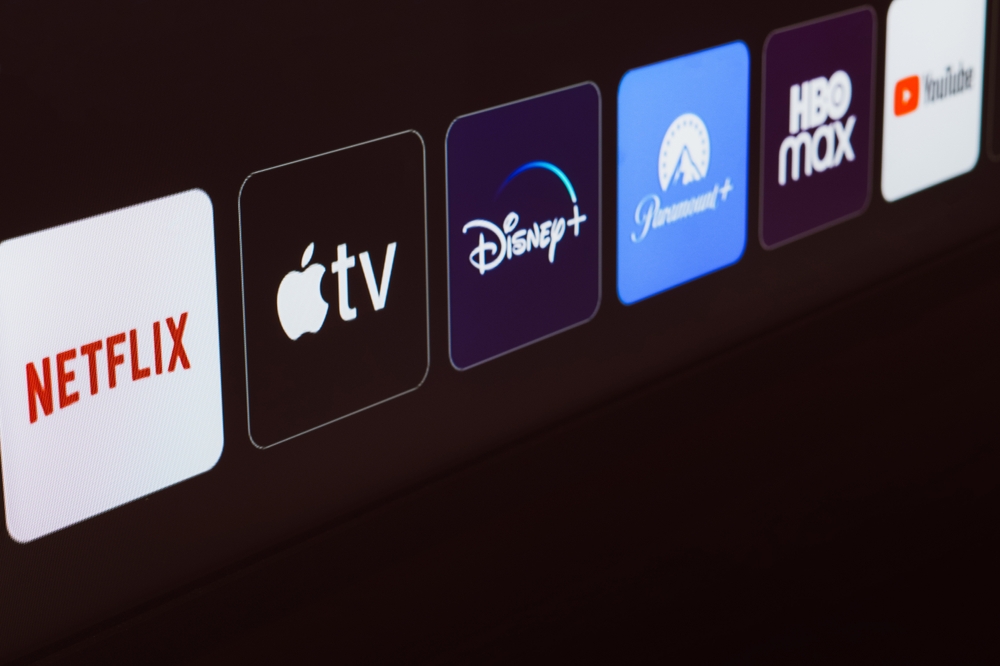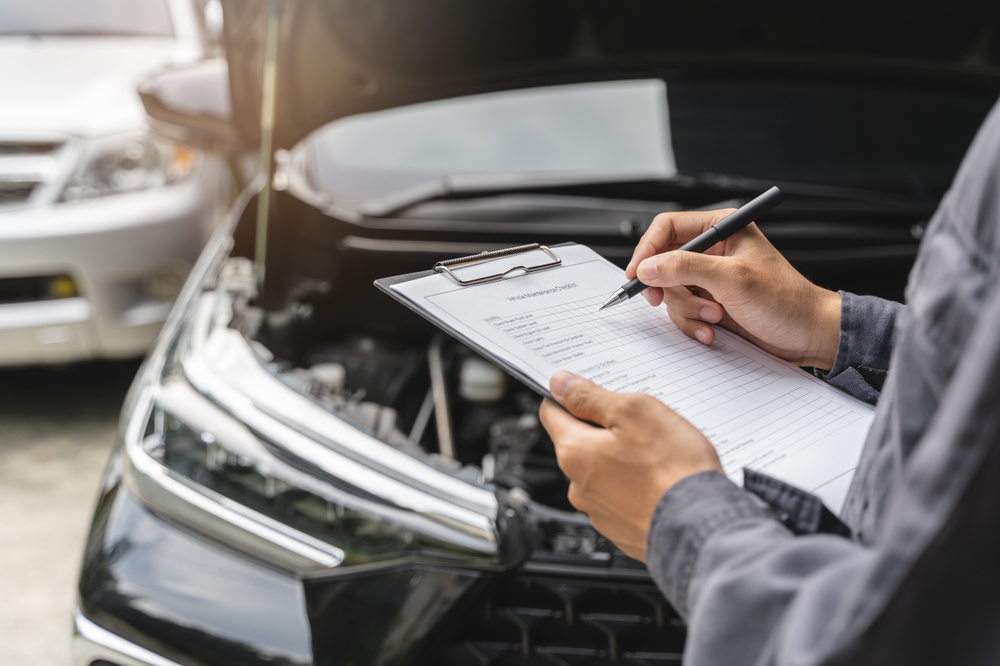There are ways to save money in your daily life!
Others are reading now
Many small expenses may seem insignificant in the moment, but over time, they can add up to substantial amounts that drain your finances.
Often, it’s habits and routines we don’t even notice that gradually increase our monthly spending.
By becoming more aware of these hidden money drains, you can take simple steps to save money without feeling like you’re compromising your lifestyle.
This article goes through a range of common expenses that can quickly spiral out of control if you’re not paying attention.
Also read
From impulse purchases and unnecessary subscriptions to energy consumption and insurance prices – there are many areas where you can easily optimize your budget.
By making small adjustments to your habits, you can free up money for more important things while gaining better control over your finances.
Energy Wasters

Even when your electrical devices are turned off, they can still draw power if they remain plugged in.
This is called standby consumption, and while each device alone may not use much electricity, the total usage over time can become an unnecessary expense on your energy bill.
By unplugging chargers, TVs, gaming consoles, and other electronics when they’re not in use, you can easily save both money and energy.
Impulse Purchases

It can be tempting to buy something on a whim, especially if you’re stressed, feeling down, or just think you deserve a treat.
The problem is that many impulse purchases end up collecting dust in a closet or quickly lose their value to you.
A good strategy is to give yourself at least 24 hours to think it over before making a purchase.
If you still want it after a day, it’s likely a more well-thought-out decision.
Internet Subscriptions

Once you’ve chosen an internet provider, it’s easy to forget to monitor the price.
Many providers attract new customers with low introductory deals, but after a few months or a year, the price can suddenly increase significantly.
If you’re not checking your bills, you could end up paying much more than necessary.
Consider comparing prices regularly, and don’t hesitate to contact your provider to negotiate a better rate.
Tire Pressure

It’s easy to overlook the importance of maintaining the correct tire pressure, but if your tires are underinflated, your car will need more fuel to run efficiently.
Over time, this can lead to unnecessary extra expenses that could have been avoided.
Check your tire pressure at least once a month, especially before long trips – it will not only improve your fuel economy but also extend the lifespan of your tires and provide a safer driving experience.
Bad Habits

Small daily habits may seem harmless, but they can quickly become expensive over time.
Whether it’s cigarettes, daily café visits, convenience store snacks, or an extra drink after work, these expenses can add up to more than you might expect.
Consider setting a budget or limiting how often you indulge in these treats – it will not only save you money but also have a positive impact on your health.
Coffee on the Go

That daily to-go coffee from a café might feel like a small luxury, but when you add up the cost over a month, it can quickly become a significant expense.
A great alternative is to invest in a high-quality coffee maker and a reusable travel mug so you can bring your coffee from home.
Not only will you save money, but you’ll also reduce your use of disposable cups, which is better for the environment.
Subscriptions

Streaming services, music apps, magazines, fitness apps, and other subscription services are convenient, but if you have too many, they can turn into a major expense.
Many people forget how many subscriptions they’re actually paying for each month, and some continue paying for services they rarely use.
Review your subscriptions at least once every quarter and cancel those you no longer find valuable – it could lead to surprising savings.
Automatic Payments

Automatic payments make life easier, but they can also lead to losing track of your expenses.
When money is withdrawn without you actively thinking about it, you might end up paying for things you no longer use.
Many people forget to cancel subscriptions when their habits or needs change.
A good practice is to review your bank statements once a month to ensure you’re only paying for what you actually use.
Express Deliveries

It’s tempting to choose express shipping when shopping online, especially when you’re excited about receiving your package.
However, the extra fees for express delivery can add up quickly if it becomes a habit.
If you can plan your purchases ahead of time and wait a few extra days, you can save a significant amount of money.
Standard shipping is often free or cheaper, and you’ll still receive your item within a reasonable time.
Car Insurance

Insurance is one of those things people pay for without questioning it.
But if you never check the market, you might end up paying more than necessary.
Car insurance prices vary between providers, and many companies offer discounts for new customers.
Make sure to compare prices at least every two years and contact your current provider to see if you can get a better deal – this could save you hundreds or even thousands of dollars annually.
Tempting Deals

It sounds like a great deal when you see “Spend $50 and get free shipping” or “Buy 3, pay for 2,” but these offers are designed to get you to spend more than you originally planned.
If you didn’t intend to buy that much in the first place, it’s rarely a real saving.
Be mindful of whether you’re purchasing something because you actually need it or if you’re simply being enticed by a deal that makes you spend more.
Cheap Purchases

It can be tempting to go for the cheapest products to save money, but if the quality is low, you may end up spending more in the long run.
For example, cheap headphones, clothing, or kitchenware may break quickly, requiring frequent replacements.
Instead of always going for the lowest price, it often pays off to invest in quality products that last longer – in the long run, it’s usually the more cost-effective choice.








